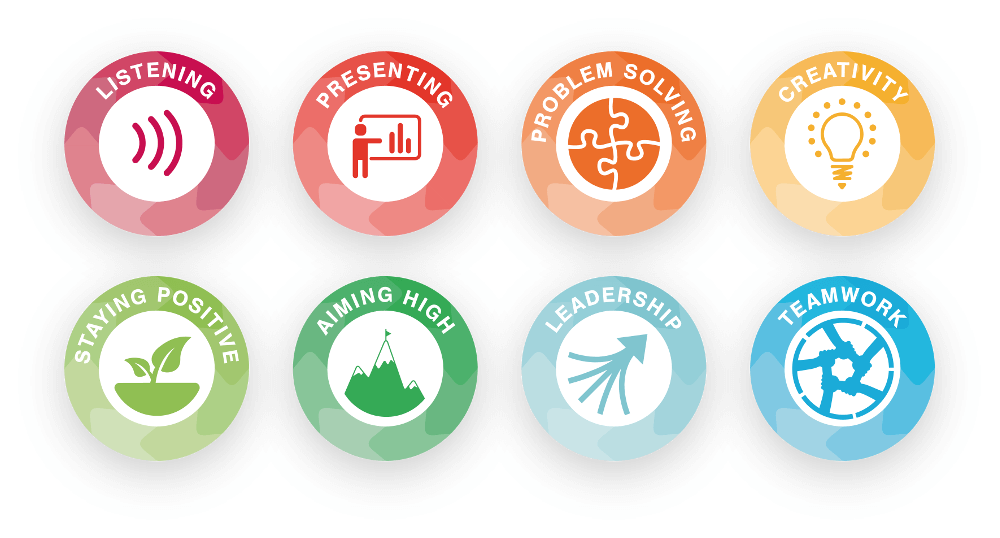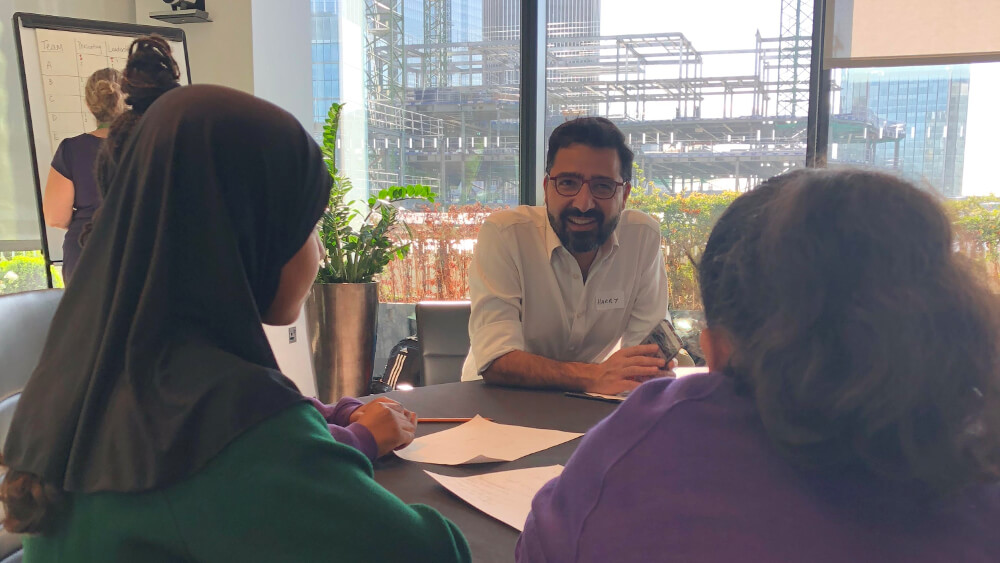Employers and Educators Know Soft Skills are Essential for Success – How can we Teach them Well?

Truly preparing secondary school students for the world beyond the school gates is no easy task. The world of work continues to evolve, and automation and machine learning are set to shift roles across industries. So how do we make sure our young people leave school with the tools they need to succeed – whatever […]

Truly preparing secondary school students for the world beyond the school gates is no easy task. The world of work continues to evolve, and automation and machine learning are set to shift roles across industries.
So how do we make sure our young people leave school with the tools they need to succeed – whatever path they choose?
One way is to look at what employers say they want. Every year, LinkedIn produces its Global Talent Trends report. By analysing recruitment activity on its platform while interviewing more than 5,000 experts and company leaders around the world, it identifies defining trends in what employers are looking for in new hires.
This year, a staggering 91% of employers are in agreement: so-called ‘soft’ skills are more important for success than ever before. They list several areas that are in high demand.
Top of the list is the ability to solve problems creatively; then being persuasive, collaborating well, adapting to new situations and managing time efficiently. ‘Hard’ technical skills and industry-specific knowledge matter too, of course.
But 92% of those surveyed say soft skills matter as much or more than hard skills, and employers are increasingly wary about new hires that don’t have them: 89% say bad hires typically lack soft skills.
Year after year, this sentiment is echoed across the professional world. The Confederation of British Industry’s annual Education and Skills Report shows that over half of businesses rate soft skills like resilience, communication, problem solving and aiming high as among their top three criteria when considering new hires. One in five say it’s their top consideration.
For educators though, the challenge is where to get started. Some argue that students are using their essential skills every day – but using skills is not the same as deliberately improving those skills.

The Skills Builder Framework has now been adopted by Careers & Enterprise Company, as well as having been endorsed by the CBI to help provide the answer to the ‘what’ and the ‘how’ of building these skills.
It focuses on eight essential skills: teamwork; leadership; problem-solving; creativity; listening; presenting; aiming high; and staying positive. It then goes further by breaking each into teachable steps – clear outcomes that can plot a course to mastery for every student.
With more than 480 schools now using this approach it is clear that those who are building these skills effectively are taking a conceptual leap: they are thinking about these wider skills with the same rigour and focus as literacy and numeracy.
The parallels are clear, and give us principles to work with. That means having a clear, consistent language and conceptual map of how these skills are built. This clear mapping can then be used to help measure the skills that students have already mastered, and those they have not.
We can then apply this to explicitly teach the skills. For example, it is much more effective to directly teach a simple theory of different leadership styles, than simply to hope that students will guess these for themselves after enough group activities.

But in the same way that literacy and numeracy are also applied and practised in lots of different settings, the same is the same for these other essential skills. So, schools excelling here are also giving students opportunities to apply and reflect on their skills in lots of settings.
Sports clubs, social action, the arts, uniformed groups and expeditions are all invaluable opportunities. So too are the links with employers that are encouraged by the Gatsby Benchmarks – particularly because we want students to be comfortable to ultimately transfer their skills into the workplace.
In a decade of working with schools up and down the country, and beyond, we’ve seen that it possible for every student to improve their essential skills. And as those skills are taught, applied and refined we are setting up each young person for a more successful future.
Tom Ravenscroft is the CEO & Founder of the Skills Builder Partnership, which brings together 480 schools, 130 employers and 40 other skills-building organisations around a common approach to ensuring that every young person builds the essential skills to succeed. Find out more at skillsbuilder.org.












